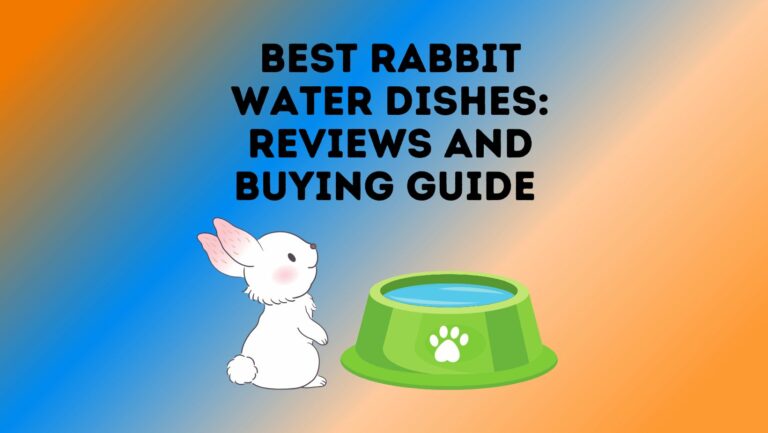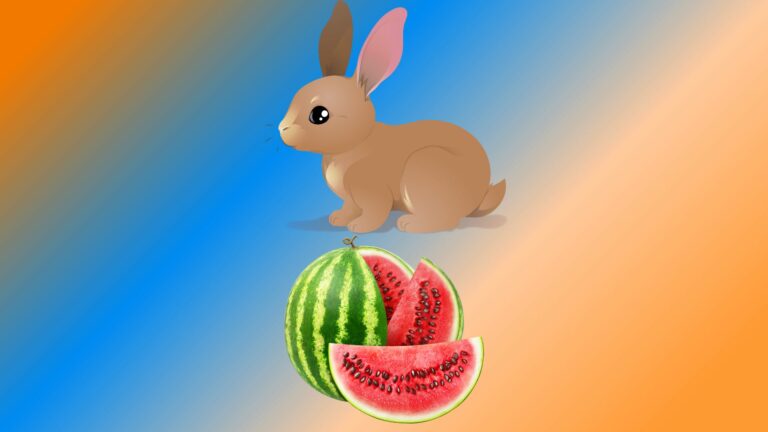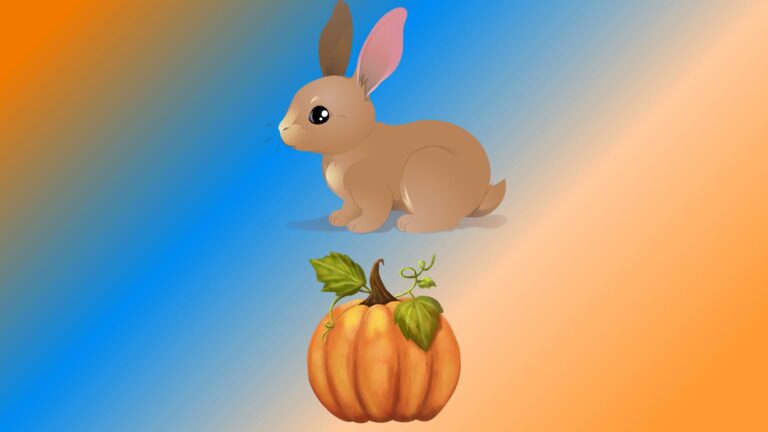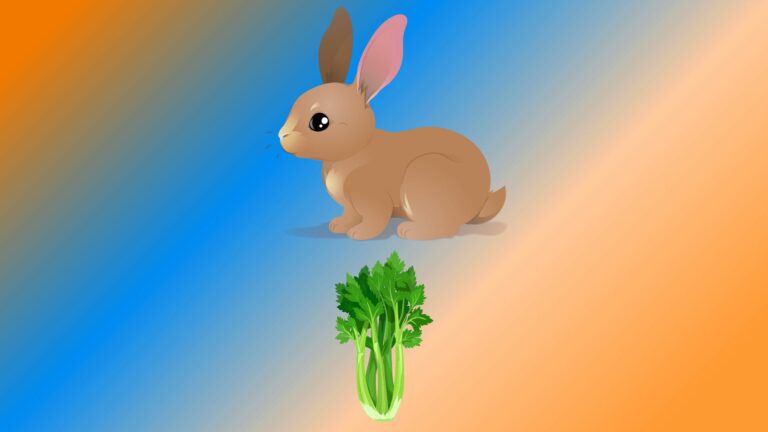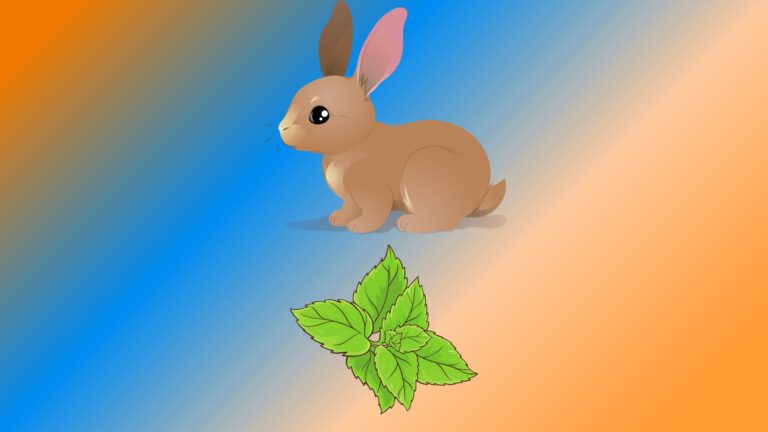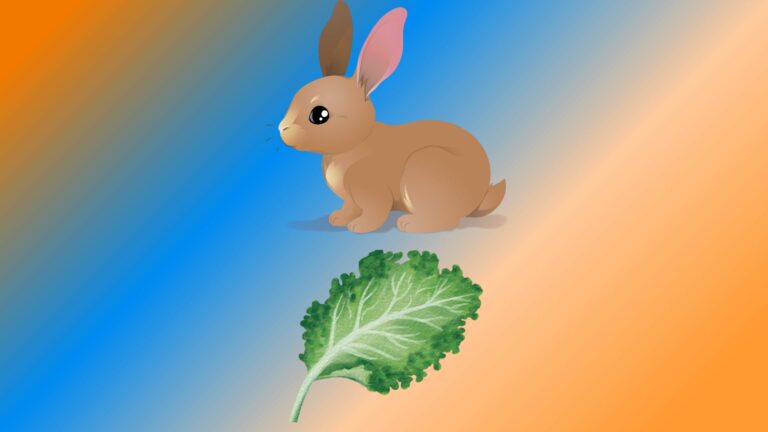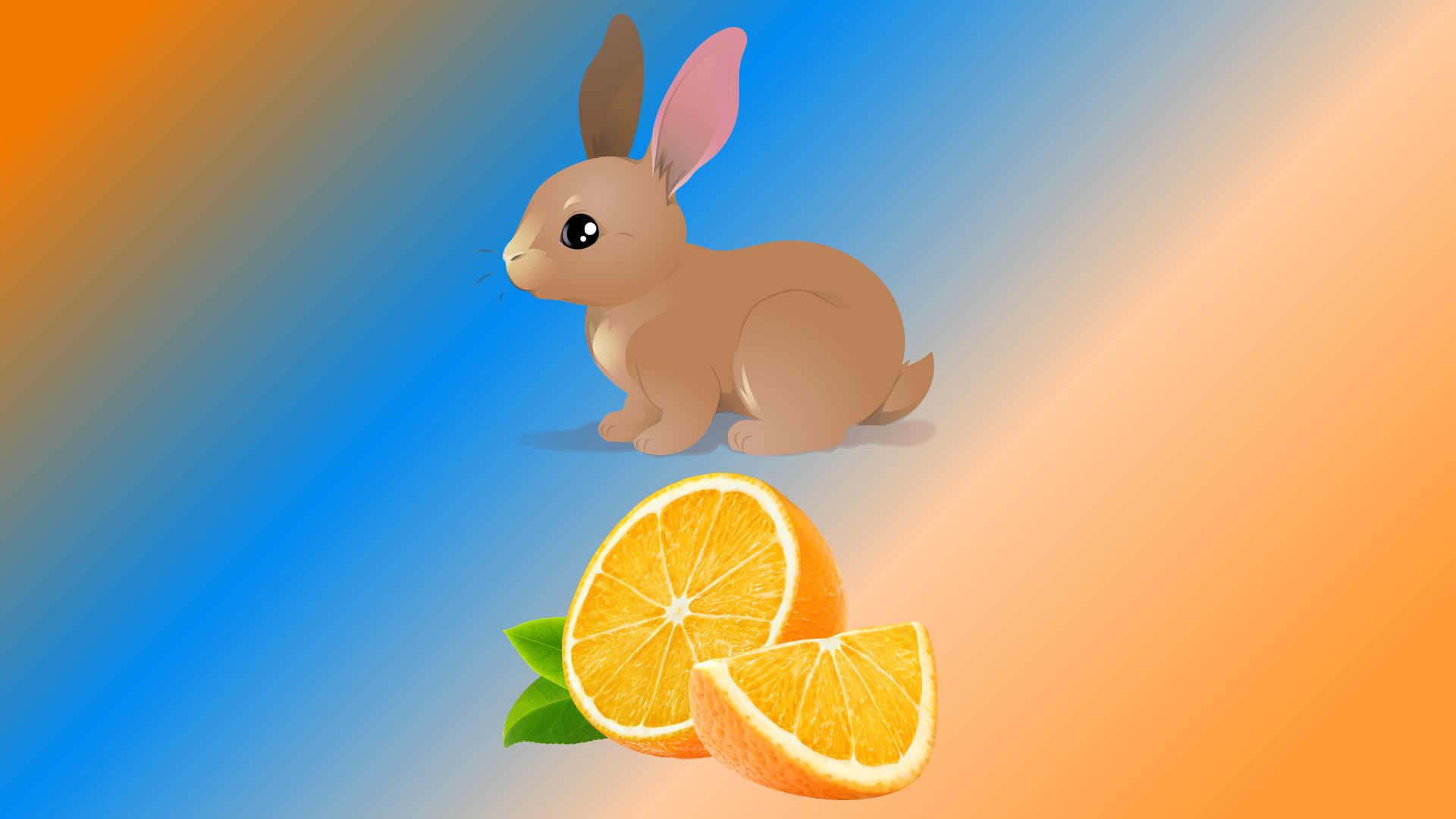
Rabbits eat plants and oranges are plants, right? Also, what about wild rabbits? They eat what they like when they like, so what are we even doing here?
You’re not silly for wondering whether all fruits are safe for your bunnies. In fact, that makes you a good rabbit guardian. Not all fruits and veggies were created equal.
So can rabbits eat oranges? We’ll serve you an answer and much more.
What Foods Are Bad for Rabbits?
A rabbit’s GI tract is different from that of a human being. Famous bloating culprits like broccoli cause rabbits no discomfort. Other problematic foods for humans also cause bunnies problems.
Foods High in Starch and Sugar
An excess of starchy and sugar-rich foods change the pH of the rabbit’s . This wrecks a rabbit’s GI tract and leads to severe GI diseases.
This group includes the following culprits:
- Beans, peas, and other legumes
- Starchy root vegetables
- Bananas and other highly fermentable foods
A diet rich in these foods leads to glucose in the cecum. This causes dangerous bacteria like E. coli and others to flourish, producing toxins that can lead to a host of illnesses and even death.
Fast fermentation wreaks havoc on your furry friend’s pH. This also helps those dangerous bacteria we just mentioned.
Foods Low in Fiber
Fiber is important enough to be a matter of life or death. The fiber your bunny gets moves in its cecum and turns into what is often mistaken for night droppings. In fact, what you think is poop is actually called cecotropes.
This may sound disgusting, but your bunny eats those cecotropes straight out of its cute bunny bottom. They are extremely important to its health. Fiber affects their consistency and your bunny’s appetite for them.
When a rabbit is fed appropriately, a balance of bacteria in the cecum works slowly to break down fibrous plant foodstuffs, providing volatile fatty acids for energy as well as amino acids, vitamins, and particular enzymes.
This is why commercial pellets and starchy or sugary snacks, like toast, cookies, or crackers, are bad for your rabbit. They mess up its system and cause cecal gas and the overgrowth of harmful bacteria.
The result? Your rabbit doesn’t eat its cecotropes. While this may not sound so bad, this can cause serious illness and even death.
Seeds and Grains
Not only are seeds, wheat, and corn sugar-rich and high-calorie, but they’re also foods your bunny can’t digest. They can get lodged in their cecum, which then can’t empty properly. This can cause your rabbit anything from pain to life-threatening dehydration.
So the next time your rabbit tries to steal some of your cereal, don’t give in. Offer it a super-gentle belly massage and soon it’ll be scampering around happily.
Other Problematic Foods
Your curious fuzzball may also nibble on houseplants, most of which are toxic to rabbits. Bunnies are also perfectly happy munching on cat and dog foods, cat litter, and inedible materials like carpet fibers or wood splinters.
But Wild Rabbits Eat All That!
Yes, nobody monitors what wild rabbits eat. That doesn’t mean they eat their fill of anything they like.
In the wild, rabbits are bound by the seasonal availability of fruits. Unlike your house, the wild doesn’t have watermelon around all year long. And it’s not like the wild rabbit can sit and enjoy its treat. All the other animals are competing for those delicious fruits.
This means wild rabbits will never eat too much of those treats, whereas your bunny friend can and will overindulge. It will keep gobbling up anything it wants. It’s up to you to be a good caregiver and ration those tempting treats.
This doesn’t mean you can’t give your bunny a treat. It’s actually a great idea to use treats to bond with your bunny and start off its appetite for the day. Additionally, its enthusiasm or lack thereof over the treatment is a good way to gauge its overall health.
What Should a Rabbit Eat?
Generally, your domestic rabbit should be eating a diet as close as possible to its wild cousin. Your bunny’s ideal diet should consist of high-fibre, low-calorie foods. This means the two main groups below:
- Unlimited grass hay (0r rabbit pellets)
- A limited amount of leafy greens.
Keep in mind that alfalfa hay only shares the name with grass hay. Alfalfa hay is actually a legume and not real grass hay at all, so steer clear of it.
Mixing up the leafy greens is recommended for a better supply of nutrients. It also keeps the occasional fussy bunny from turning its nose up at the same old pile of lettuce.
Oranges can be given to rabbits sparingly. Ideally, fruit shouldn’t ever exceed 10% of a rabbit’s diet. This means your bunny can get no more than one teaspoon for every two pounds of its body weight daily.
Can Rabbits Eat Orange Pulp and Peel?
This probably translates to one or two segments of an orange. If you’re unsure about pesticides in the peel, you can peel it. Otherwise, just make sure to wash it thoroughly.
The acidic content in oranges can upset a rabbit’s stomach. The calcium content is a little high for a rabbit and might cause bladder stones. Also, while oranges are an excellent low-sugar snack for human diabetics, they have far too much sugar for a rabbit.
Can Rabbits Eat Orange Seeds?
Make sure you extract any seeds before you give your bunny its treat. Rabbits can’t digest seeds, so they can get lodged in their gastrointestinal tract. Make sure your bunny doesn’t get access to seeds in general: Apple seeds, for instance, are poisonous to rabbits.
Can Rabbits Eat Orange Leaves?
You can let your rabbit chomp on the leaves of one orange’s leaves without worrying about it. Keep in mind that this isn’t true for all fruit leaves.
Final Thoughts
By all means, delight your rabbit with oranges, but stand your ground no matter how cutely your bunny begs for more. Limit its treat to one or two segments per day. Just make sure you don’t do it every day. Now go spoil your little ball of fluff with some citrus deliciousness!

